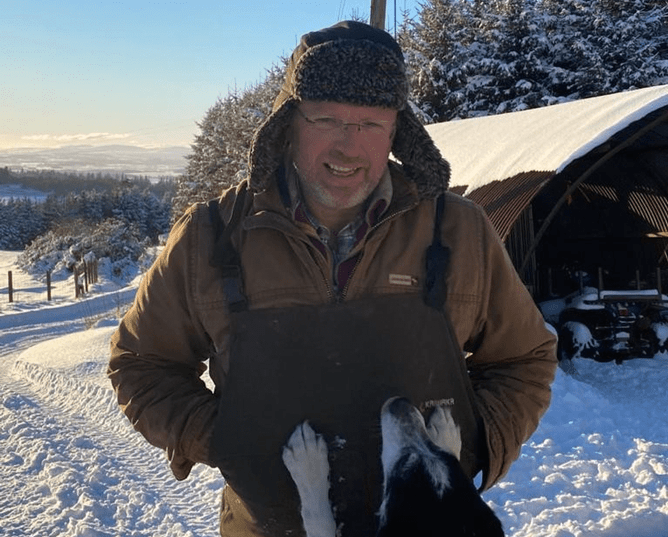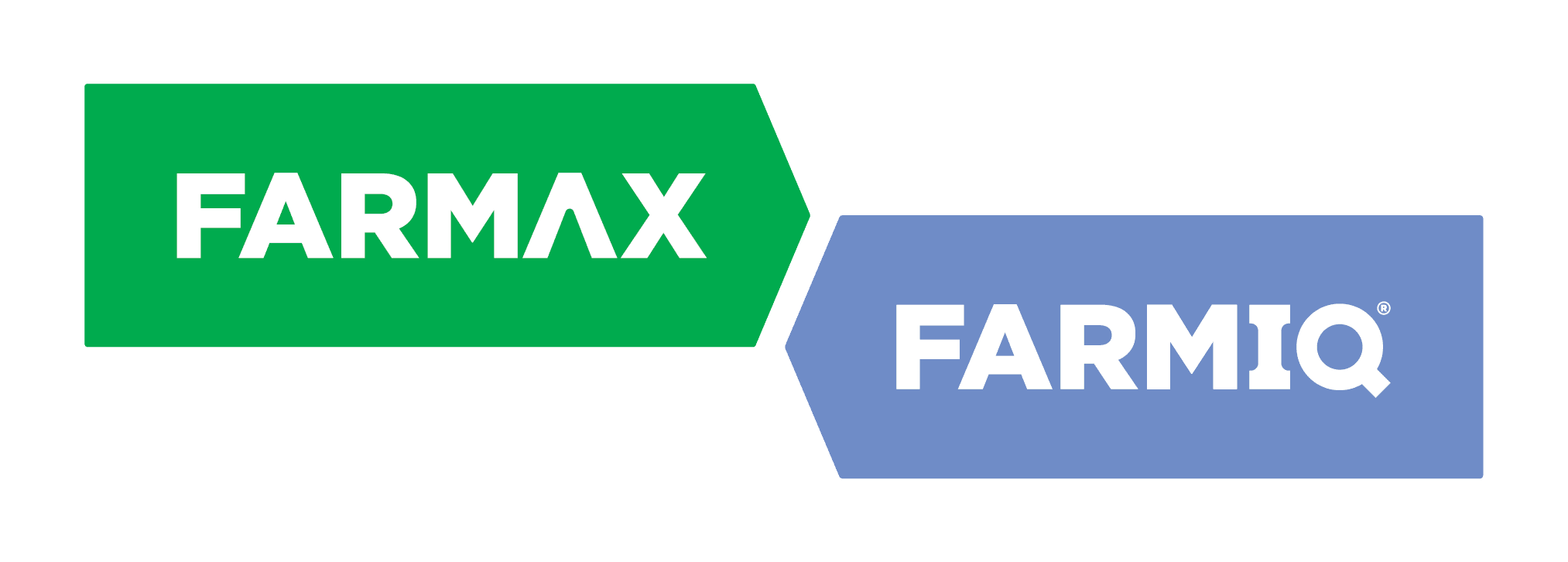Michael Blanche runs Culteuchar Farm; a 184 effective hectare sheep and beef farm near Perth in Scotland. The short seasons are a challenge, with grass growth falling off a cliff in November, and the terrain varies from 200 – 900 feet above sea level.
He began his rural career as an agricultural consultant in 1999 but had always wanted to be a farmer. He started out with 50 sheep in 2003, leasing a small plot of land about 12 miles from home, each year increasing the number of ewes.
For seven years Michael applied for tenancies and unfortunately missed out every time, with demand always outstripping supply. After seven years of disappointment he knew he had to do something different to make his application stand out, so he completed a Nuffield Scholarship in 2010/11, travelling around the world meeting farmers of every kind to learn how they farmed and what made them successful.
As a first-generation farmer himself, he met other newly established farmers from Australia, New Zealand, France, India and even Cambodia and learned a lot about new ways of farming, particularly paddock grazing, which wasn’t as common in the UK at that point.
In the eighth year, Michael was thrilled to receive a tenancy where he could actually walk out his door and see his sheep. In the preceding 6 years when he had seasonal lets around 35 miles from home, he worked out that travelling to the farm a few times a week during that period was the equivalent of travelling twice around the circumference of the globe!
Culteuchar has 850 ewes, plus 170 ewe hoggs, and he’s recently started a partnership with the farmer next door farming cows, with Michael hosting the herd for spring, summer and autumn and the neighbour homing them over the winter. He also shepherds a further 440 ewes on contract with the same neighbour.
“He's got machinery that can lift bales and things like that which is great as I still don’t own a tractor. So, we've split the cattle handling equipment in half and we split the heard in half,” says Michael. “It's tiny, tiny beginnings, little acorns, but we had 34 to the bull this year.”
"FARMAX really gives you the power to cast your mind forward to what is possible."
- Michael Blanche, Culteuchar Farm
The power to see what is possible
Michael is using FARMAX to help him establish a good routine on farm and identify future opportunities.
“I did use FARMAX in 2019 for a whole season, but I slipped in 2020 [when] the pandemic hit,” says Michael.
He’s back into FARMAX again, getting everything up to date and modelling some scenarios with Poppy Frater from SAC Consulting.
“I just find it really interesting. It's kind of like another perspective that you haven't seen before of your farm,” Michael explains. “FARMAX really gives you the power to cast your mind forward to what is possible.”
FARMAX Silver Accredited himself, he is also part of a benchmarking group with Poppy.
“There's five involved, some really, really good people. I think they're better farmers than me, so I think there's a huge opportunity to learn from them,” says Michael.
“I've been to lots of farmers meetings where we just talk around the subject and I think with the FARMAX group you're actually seeing real data in front of you and actually what's happening in the farm. And that is so powerful.”
Michael says he’s been one of the lowest cost producers in previous groups on a per kilo basis but was below average in the kilos produced per hectare. His main goal is to increase the kilos the farm produces each year:
“It's actually alright performance, but to get to the next level I need to change. I think we concluded that I needed to change two very simple things: to sell all my lambs at weaning or at least within a month of weaning and to help our two-tooths grow good and strong.”
He explained that with the lambs sold in August, it added 150 kgdm/ha to the farm by the end of November, which was crucial as that was usually when they would run out of grass.
As for the two-tooths, they were previously not prioritised as they are less productive, but as Michael asserted, putting them at the bottom of the pile is not going to do any good in the long-term.
For the love of pasture
Being a farmer, it’s almost a given that Michael likes grass, but he likes it so much that he created a podcast called The Pasture Pod.
It all started when Michael was busy planting a mile of hedges all by himself in 2016, and he started filling the silence by listening to podcasts: “I thought this would be a really good thing to do for agriculture. I used to try and do impressions and try to get people to laugh at school and I kind of liked it.
“I thought, if I do a podcast I could do exactly the same thing I did at school. I mean not many people might listen, but it could be worthwhile.”
Unsurprisingly, lots of people have listened to Michael’s podcast – he’s had over 50,000 downloads: “there's lots of pasture nerds out there!”
Each podcast is about two hours long and filled with interesting content – most of it centred around pasture.
“I do think grass is so important, so intrinsic to my success as a farmer with very little cash and capital,” explains Michael.
“Grass just grows out of the ground whether you like it or not. That is the key as far as I was concerned, so I was so enthusiastic about it.”
He interviews some interesting people about how they manage their farms and how much they love grass, and he deep dives into topics that catch his attention such as people’s motivation and their farming innovations.
When you add in the original pasture-themed jingles it’s easy to see why so many people are tuning in. You may have heard Arnold Sward-sticker on the podcast talking about how great FARMAX is or even Rick Astley singing about grazing!
Michael plans to celebrate when he hits 67,144 downloads – the full capacity of Murrayfield Stadium. You can find all the Pasture Pod episodes here: https://thepasturepod.libsyn.com/

